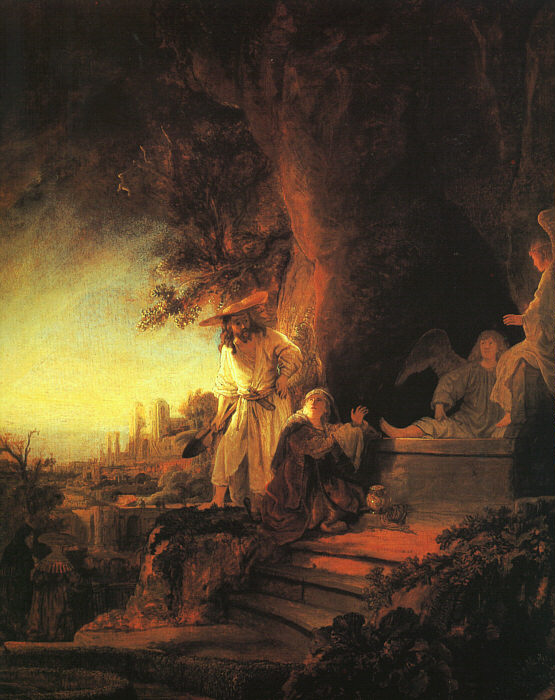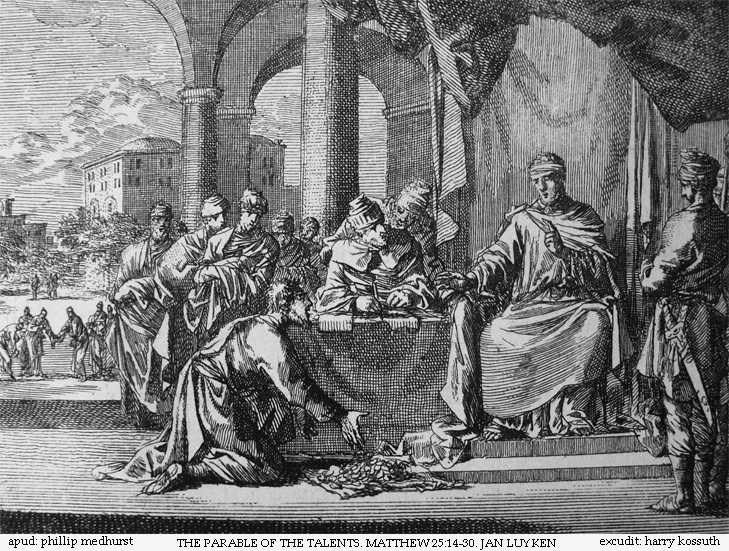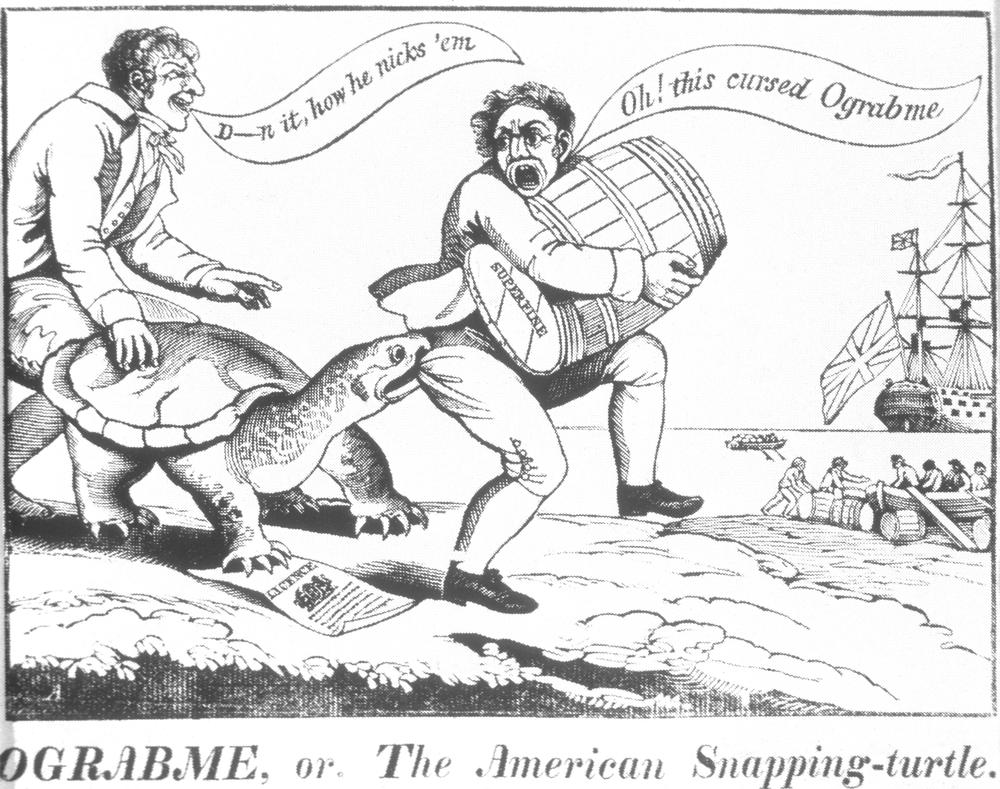
“The Risen Christ Appearing to Mary Magdalene” – the female “Apostle to the Apostles…”
* * * *
 Last Sunday – July 22 – was the feast day for Mary Magdalene. That’s in the Daily Office lectionary, For the Sunday lectionary, her day was Monday, July 23. (“Transferred” from Sunday.) I wrote of her in Mary Magdalene, “Apostle to the Apostles.”
Last Sunday – July 22 – was the feast day for Mary Magdalene. That’s in the Daily Office lectionary, For the Sunday lectionary, her day was Monday, July 23. (“Transferred” from Sunday.) I wrote of her in Mary Magdalene, “Apostle to the Apostles.”
Mary of Magdala is perhaps the most maligned and misunderstood figure in early Christianity… Since the fourth century, she has been portrayed as a prostitute and public sinner… Paintings, some little more than pious pornography, reinforce the mistaken belief that sexuality, especially female sexuality, is shameful, sinful, and worthy of repentance. [“Good heavens!”] Yet the actual biblical account of Mary of Magdala paints a far different portrait than that of the bare-breasted reformed harlot of Renaissance art.
But in this post there’s no pious pornography. Nor is there an image of a “bare-breasted reformed harlot.” Just a modern view of her at upper right, and a comment that for all the insults, she was there – to see the risen Jesus – when the male apostles were hiding away:
The one indisputable fact seems to be that Mary Magdalene … was both the first person to see the empty tomb of Jesus, and one of the first – if not the first – to see the risen Jesus. (Which may have accounted for jealous males trying to sully her reputation.)
 Which brings up the matter of “so-called conservative Christians,” and the Daily Office readings for last Tuesday, July 17. Those readings included Matthew 25:14-30, and the Parable of the talents, illustrated at left. As Wikipedia summarized, “To the single unfaithful servant, who ‘played it safe,’ a negative compensation is given.”
Which brings up the matter of “so-called conservative Christians,” and the Daily Office readings for last Tuesday, July 17. Those readings included Matthew 25:14-30, and the Parable of the talents, illustrated at left. As Wikipedia summarized, “To the single unfaithful servant, who ‘played it safe,’ a negative compensation is given.”
But that’s just what “conservative” Christians do, play it safe.
Which is why I say “There’s no such thing as a ‘conservative Christian.'” Only modern-day Pharisees who plagued Jesus in His time, and continue to do so “even to this day.”
Also note the element of risk in the actions of both the man with five talents and the one with two. But the man with one talent – the “conservative” man – took no risk at all. Not even to invest that one talent with a banker, so that “on my return I would have received what was my own with interest.” For which Jesus duly chastised him, in the words of the “master:”
You wicked, lazy servant! So you knew that I harvest where I have not sown and gather where I have not scattered seed? Well then, you should have put my money on deposit with the bankers, so that when I returned I would have received it back with interest.
Thus the “wicked, lazy servant” is the functional equivalent of today’s “conservative Christian,” who feels his job in life is simply to “avoid sin.” To take none of the chances necessary for human development, and simply present to God the same “carbon-copy Christian” he started out as. That was one message in the December 2015 post, Develop your talents!
Put another way, if you read and study the Bible in the NOT-conservative way, you do run the risk of falling flat on your face. But rest assured that “Jesus” – metaphorically or otherwise – is there to help you get back on your feet. Put a third way – and especially in the realm of spiritual growth – “The only thing worse than failing is not trying at all.”
But again, that’s just what “conservative” Christians do. They comfort themselves with Biblical sound bites, not deep and open-minded study. (Per Luke 24:45.) They never run the risk of falling flat on their faces, because their only goal is to “stay pure.” And they don’t develop spiritually. Thus the true message of the Parable of the talents:
“Don’t get TOO conservative!“
* * * *

* * * *
The upper image is courtesy of Rembrandt – The Risen Christ Appearing to Mary Magdalen. See also On Easter Season – AND BEYOND. The full caption: “The Risen Christ Appearing to Mary Magdalen, by Rembrandt (1638).” And speaking of “racy,” the artist Titian did two versions of Mary crying. For the “racier” – 1533 – version see Penitent Magdalene (Titian, 1533) – Wikipedia.
The Penitent Magdalene is a 1565 oil painting by Titian of saint Mary Magdalene, now in the Hermitage Museum in Saint Petersburg. Unlike his 1533 version of the same subject, Titian has covered Mary’s nudity and introduced a vase, an open book and a skull as a memento mori. Its coloring is more mature than the earlier work, using colors harmoni[z]ing with character. In the background the sky is bathed in the rays of the setting sun, with a dark rock contrasting with the brightly lit figure of Mary.
For more on this “Mary,” see On Mary of Magdala and James the Greater, Saints, and also MARY MAGDALENE, Bible Woman: first witness to Resurrection, and What Did Mary Magdalene look like?
The full Bible readings for Tuesday, July 17, were: “AM Psalm 26, 28; PM Psalm 36, 39
Joshua 2:15-24; Romans 11:13-24; Matthew 25:14-30,” according to Lectionary – Satucket.
“Even to this day.” The reference is to 2d Corinthians 3:15: “Even to this day when Moses is read, a veil covers their hearts.” Thus it is with today’s so-called conservative Christians.
A side note: A future blog-post will deal with the issue of Ensoulment.
The lower image is courtesy of the Wikipedia article, Parable of the talents.

 For an explanation of the symbols in the cartoon, see the notes. But the point is that even a smart guy like Thomas Jefferson could have some really stupid ideas.
For an explanation of the symbols in the cartoon, see the notes. But the point is that even a smart guy like Thomas Jefferson could have some really stupid ideas. But getting back to Thomas Jefferson and his role as
But getting back to Thomas Jefferson and his role as 